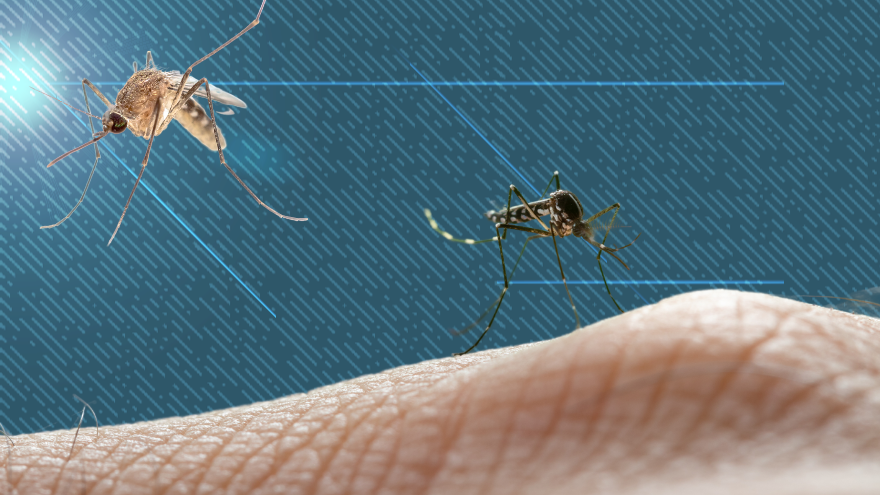The Centers for Disease Control and Prevention has issued a warning about malaria after a local spread was recorded for the first time in two decades.
Four cases of malaria were detected in Florida along with another case in Texas. All those infected are being treated and are reported to be improving.
“Despite these cases, the risk of locally acquired malaria remains extremely low in the United States,” said the CDC in its June 26 health advisory.
"In addition to routinely considering malaria as a cause of febrile illness among patients with a history of international travel to areas where malaria is transmitted, clinicians should consider a malaria diagnosis in any person with a fever of unknown origin regardless of their travel history,” added the CDC. “Clinicians practicing in areas of the United States where locally acquired malaria cases have occurred should follow guidance from their state and local health departments.”
The last time “locally acquired mosquito-borne malaria” was detected in the U.S. was in 2003. At the time, eight cases were reported in Palm Beach County, Florida.
Malaria is a potentially fatal disease transmitted to humans bitten by mosquitos carrying the underlying parasite – namely the female anopheline mosquito. Symptoms of malaria include high fevers, shaking chills and other flu-like complaints. Symptoms of the illness can appear 10 days to 4 weeks after infection although some people do not develop malaria until a year after exposure.
People who are infected and go untreated are at increased risk of developing complications and of death.
Approximately 2,000 people are diagnosed with malaria each year in the United States. Notably, a large majority of those cases are travelers or immigrants who have recently spent time in places where malaria is common, including South Asia and sub-Saharan Africa, per the CDC.
Worldwide, there are 240 million annual cases of malaria, reports WLWT. Of those, 95% are detected in Africa.
Florida’s Department of Health has encouraged residents to take precautions to reduce the risk of being infected, especially at sunrise and sunset when mosquitoes are the most active. Residents have been encouraged to wear long pants and shirts as well as to apply bug spray and avoid areas with high mosquito populations.
“In 2012, 65 cases of imported malaria were reported in Florida,” stated the department. “All 65 cases were associated with travel or immigration. Reasons given for traveling to a malaria endemic county included: 43% visiting friends and relatives (VFR), 29% for business (including missionary and military), 9% of cases were recent immigrants, 8% tourism, 5% students or teachers, and 6% unknown reason.”
The department is conducting aerial and ground mosquito sprays to reduce the risk of transmission.

